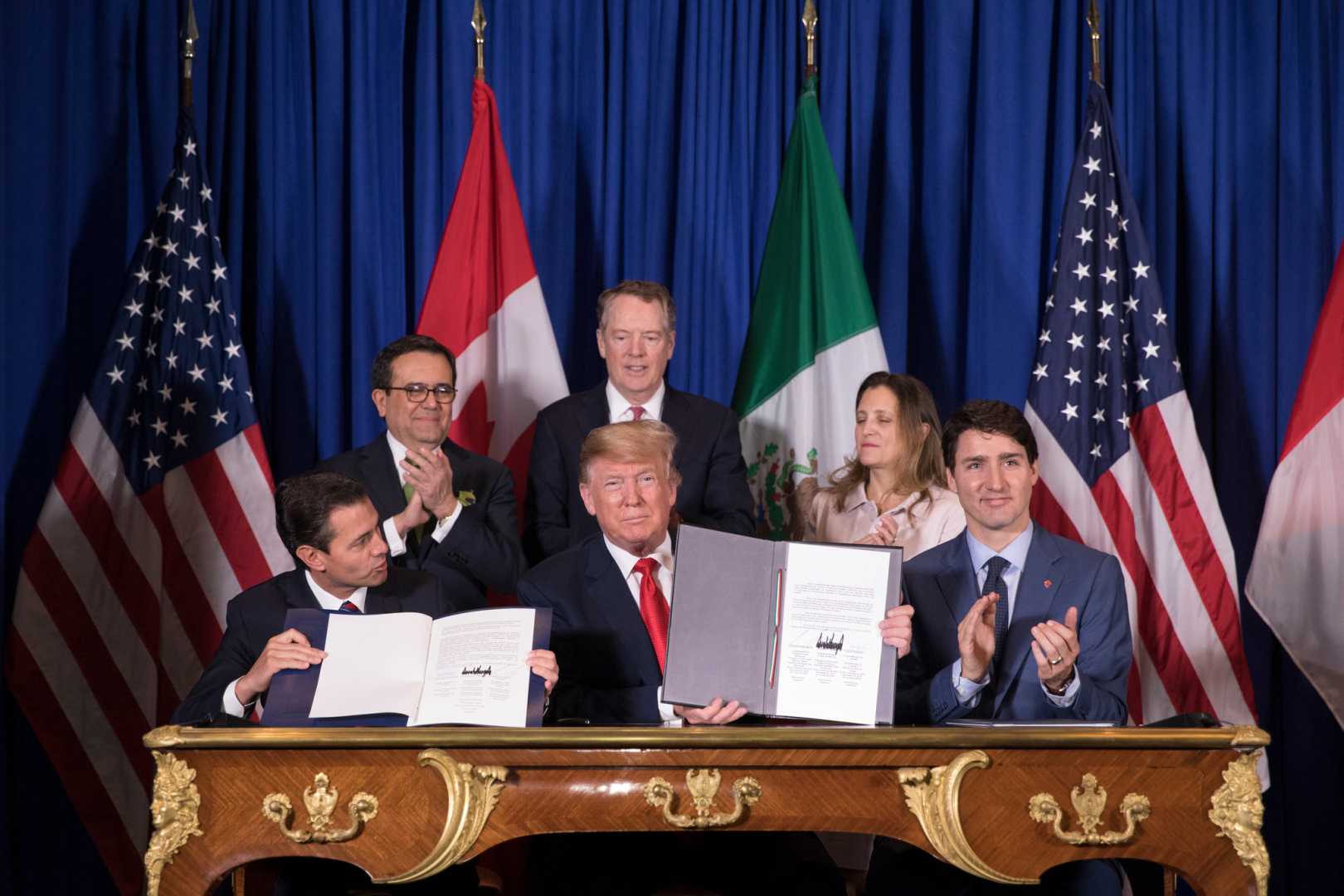Business
Trump Ends Trade Talks With Canada Over Digital Tax Dispute

WASHINGTON, D.C. — President Donald Trump announced on Friday that the United States is terminating all trade discussions with Canada, effective immediately. The decision is largely attributed to Canada’s plan to implement a digital services tax (DST) that would affect several major U.S. tech companies.
In a social media post, Trump stated, “We are hereby terminating ALL discussions on trade with Canada. We will let Canada know the tariff that they will be paying to do business with the United States of America within the next seven-day period.” This announcement marks a significant step back in the negotiations that have been ongoing for months.
The conflict arose from Canada’s decision to impose a 3% tax on tech revenues generated from Canadian users, a move Trump described as “a direct and blatant attack” on the United States. The tax, which will take effect on June 30, applies to tech companies earning more than $15 million from Canadian users.
Trump’s retreat came shortly after Canada’s Finance Minister François-Philippe Champagne confirmed that they would not delay the implementation of the tax, despite U.S. pressure. “This was voted by parliament so we’re going ahead with the DST,” Champagne said. “The Digital Services Tax is not unique to Canada.”
U.S. Treasury Secretary Scott Bessent noted that the Trump Administration had hoped for a pause in the tax as “a sign of goodwill” but received no such cooperation. The tension over the tax has raised concerns among businesses and politicians in both countries.
Twenty-one U.S. Congress members urged Trump to pressure Canada to reconsider the DST, stating that the tax could set a concerning precedent. They noted that 90% of what Canada would collect under the DST would be from U.S. companies.
Colin Robertson, a former Canadian diplomat, acknowledged that Trump’s move could be seen as a negotiation tactic, adding that hope for an agreement is not completely lost. “I think there are those in the U.S. who would like to see an agreement with Canada,” Robertson said.
As Canada faces retaliatory actions, it has already placed a hefty 50% tariff on certain imports exceeding specific quotas. This measure aims to stabilize the Canadian steel market amid concerns over redirected steel originally destined for the U.S.
Goldy Hyder, CEO of the Business Council of Canada, highlighted the need for predictable trade relationships in light of the ongoing situation. “Canadian businesses are intertwined not just with the U.S., but also with Mexico,” Hyder stated. “Change is happening on the geopolitical scale, but geography never will change.
The breakdown in communications and trade negotiations illustrates an increasingly fraught relationship between the two countries, driven by economic policies and national interests that continue to clash.












